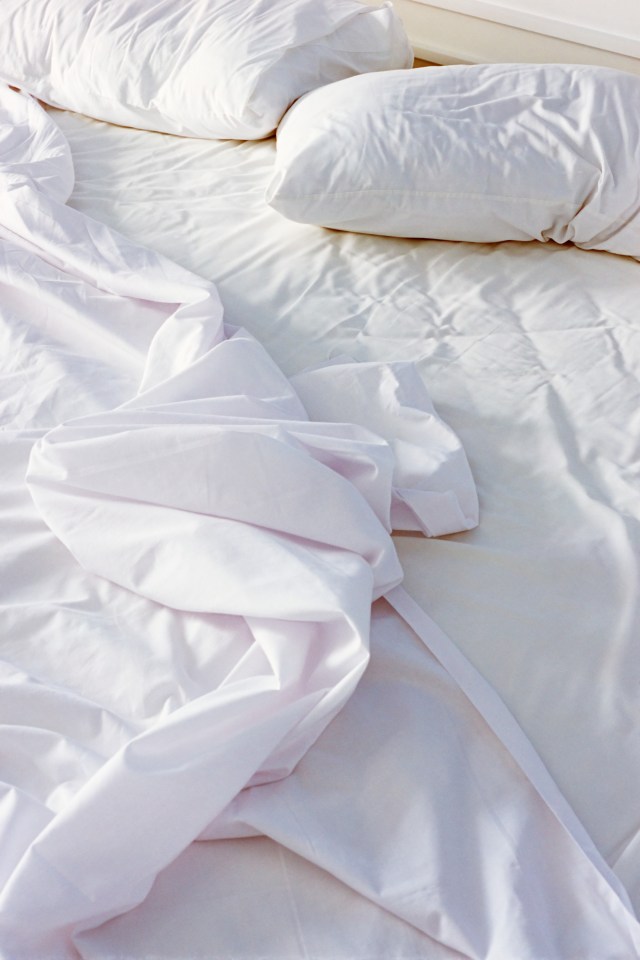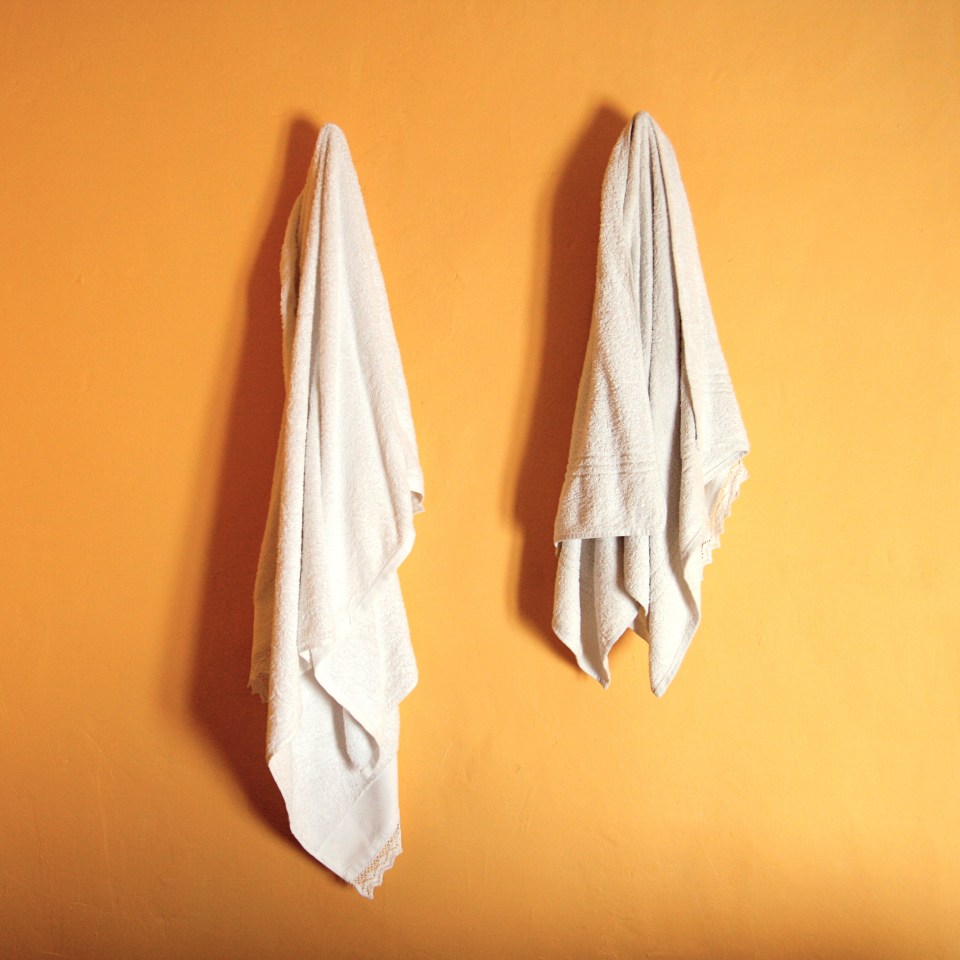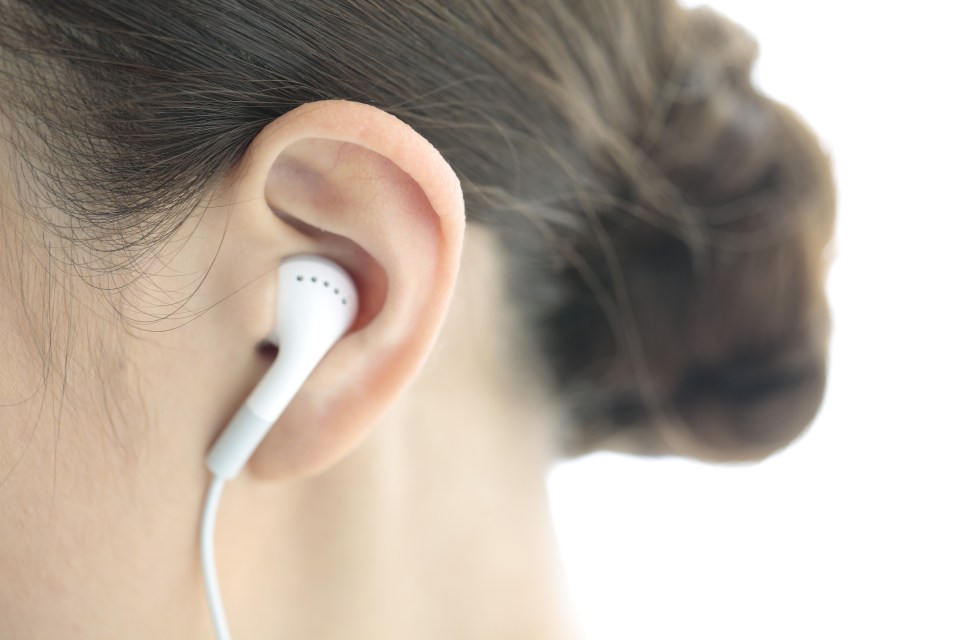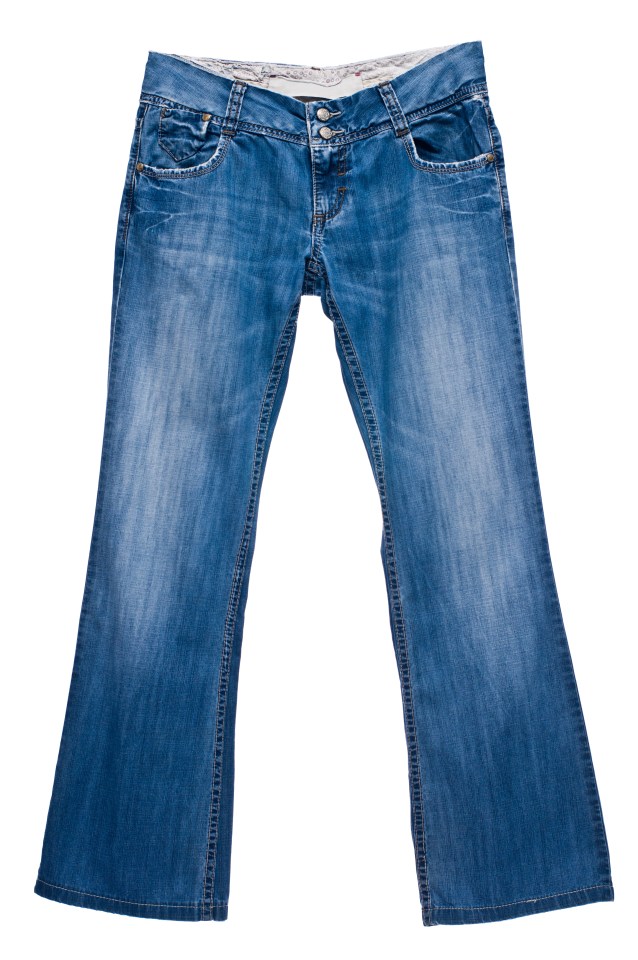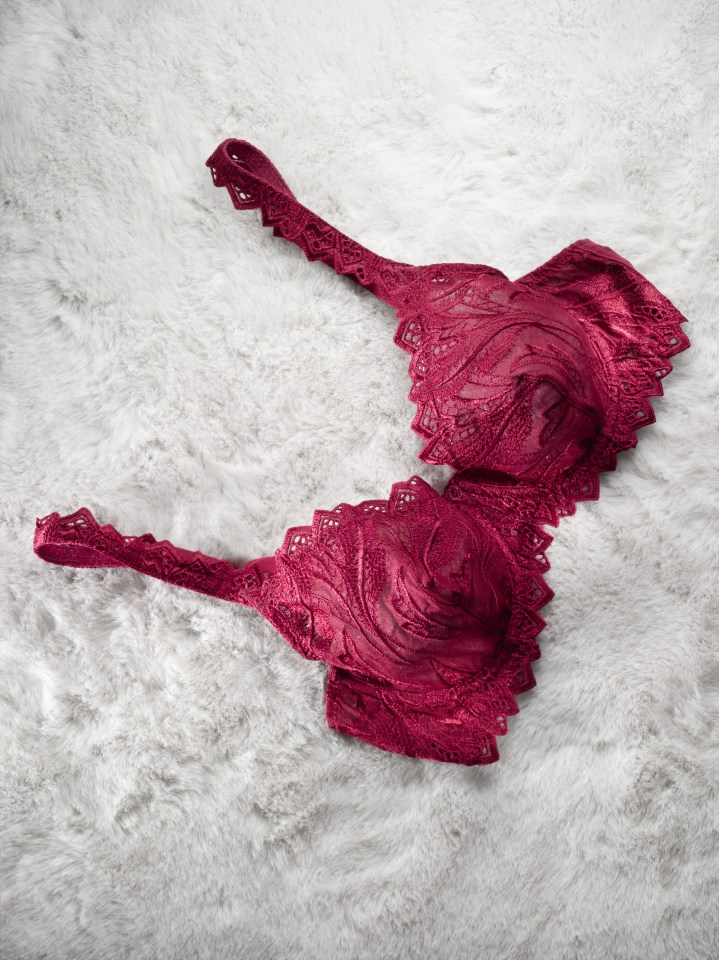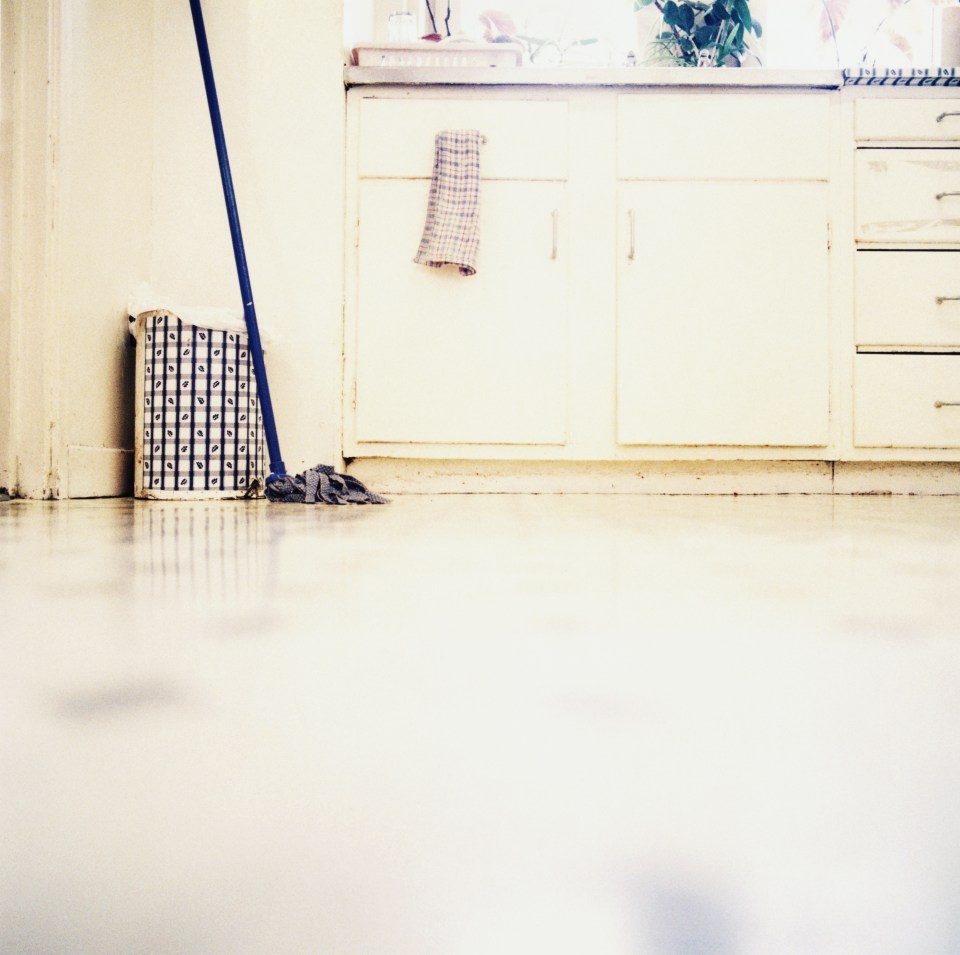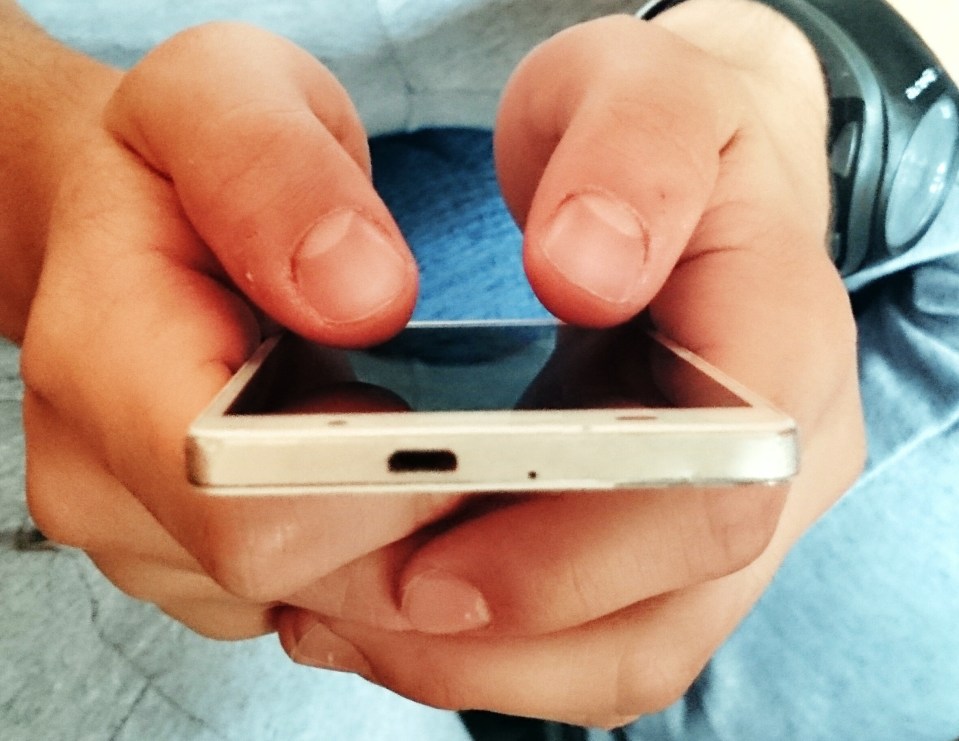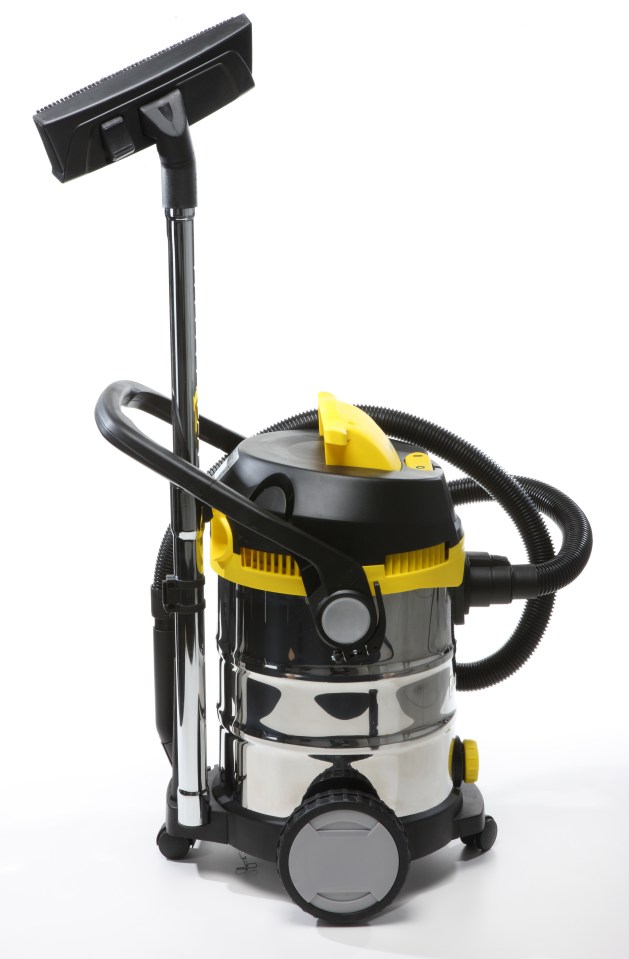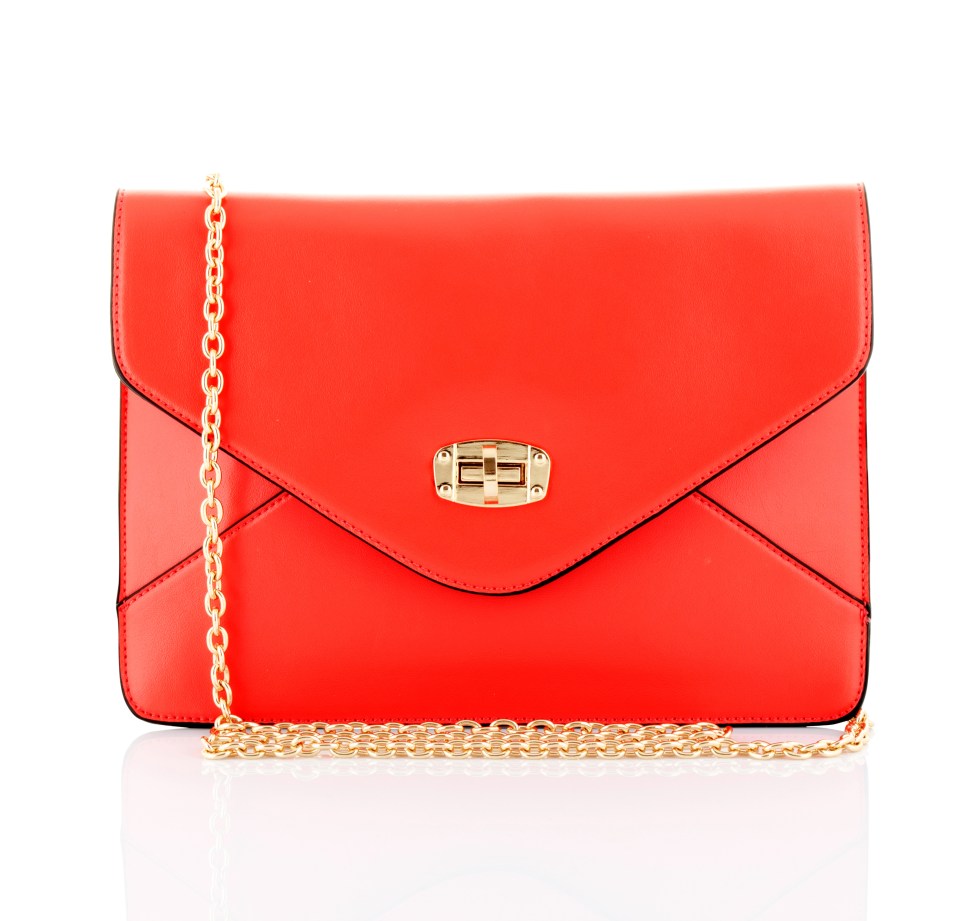Why you should NEVER make the bed and nine other everyday things that could be making you ill
Some of our daily habits expose us to harmful bacteria

LUCKILY we all wash our hands after going to the loo, scrub our mitts after handling raw chicken and certainly wouldn’t skip a shower after the gym.
But how many of us know exactly how often we should wash our bed sheets, chuck our jeans into the laundry bin or even wipe down our earphones? Read on to find out whether you need to clean up your act.
Bedding
Beds collect all kinds of nasties. There are around 1.5 million dust mites in the average bed and one person sheds roughly 10 million skin cells a day, some of which contain bugs such as staphylococcus aureus, which can lead to spots and skin infections.
So sheets and pillowcases should be washed weekly at a minimum of 60°C.
“Then run a hot iron over them to destroy any leftover bacteria,” says Jane Robson, director at The Fine Cotton Company.
Oh, and don’t make your bed daily. Research by Kingston University found that an unmade bed has a drier environment, which dehydrates dust mites and kills them.
Pillows also collect dust mites and bacteria – so for added protection, run a handheld hoover over the pillow and mattress every week, too.
Towels
“A used towel is full of dead skin cells and micro-organisms and leaving this in a damp bathroom creates a lovely environment for bacteria to breed in,” says Jane.
“Ideally, towels should be washed after three uses and always hung up to dry. Any odour on a towel means microbes are present, which could lead to skin infections. Wash towels at a minimum of 60°C.”
Also, never share them, especially if anyone in the house has athlete’s foot.
“This rash, caused by a fungus, appears between the toes and is very contagious,” says dermatologist Dr Stephanie Williams.
And it can also grow on the genitals if you use a towel containing the fungus. Vom.
Earbuds
In-ear headphones not only carry bacteria, they also create a warm, moist environment that allows bugs to thrive and puts you at risk of ear infections, according to researchers at India’s Kasturba Medical College.
Give them a daily clean with an antibacterial wipe and never share earbuds without cleaning them before and after.
Jeans
Denim aficionados claim you shouldn’t wash jeans for six months after you buy them to allow the colour to set and the jeans to mould to your body.
They suggest using a toothbrush to remove stains and putting jeans in the freezer to kill bacteria.
But does Dr Lisa Ackerley, AKA The Hygiene Doctor, agree?
“If you’re sweating in jeans or they rub, they’ll collect bacteria and, if you have a cut, this could easily enter the skin, causing an infection, spots or boils,” she warns.
The American Cleaning Institute advises washing jeans every three wears.
Bras
“They pick up bacteria and sweat from your skin so you need a little-and-often approach to washing bras,” says Claire Franks from the Intimate Apparel Consultancy, which advises the lingerie industry.
Claire suggests washing bras by hand in warm water and baby shampoo every three to four wears to keep them at their best.
“Sports bras should be worn once, then machine washed,” she adds – at 60°C, the minimum wash temperature that kills bacteria.
Kitchen floor
Floors collect bacteria from your shoes – a study by the University of Arizona found 421,000 different bacteria on the average sole, including food-poisoning bug E. coli, which you pick up from soil and dog poop.
The bug is also spread by pet paws and dropped food.
“Sweep the floor daily after you cook to remove any food debris,” says Mason Jones of cleaning company Handy.
“Then mop weekly with a disinfecting cleaner. But don’t use too much water – it can carry bacteria into cracks in the floors where it’s harder to remove.”
RELATED STORIES
Mobile phone
Hands-free might be the best invention ever.
At the University of Surrey, tests on mobile phones found all manner of bacteria – including staphylococcus aureus, which normally lives in the nose.
If this enters your body via a cut or scratch you could end up with boils, spots or skin infections.
And according to NHS Choices, cold and flu viruses can live on hard surfaces such as phones for up to 24 hours.
For a squeaky clean mobile, go all-out and use an antibacterial wipe over it a few times a day.
Or apply Shark Proof to the screen, a liquid coating that protects against cracking and, the manufacturers say, also creates a less friendly environment for germs (£14.99, ).
Vacuum cleaner
It cleans your carpets but you also need to clean it.
Researchers at Bath Spa University found bacteria including salmonella breeding inside vacuum cleaners, and a report in the Applied And Environmental Microbiology journal says these can re-enter the air, potentially leading to infection.
Empty the dust container after each use and refresh the filter regularly.
Handbags and purses
Every time you put your bag down on a table or floor, it picks up bugs.
When researchers at the University of Mauritius tested 145 purses and wallets, 90% of them were carrying horrors such as staphylococcus (it gets everywhere, trust us!). Synthetic bags picked up the most bugs.
“Ideally, treat bags and wallets with a protective spray before your first use, so you can then clean them without ruining them,” says Freya Bass from The Handbag Spa.
Try using antibacterial bag wipes for a weekly clean (£4, Thehandbagspa.com).
“Never put your bag on the floor in a public place – especially a bathroom,” says Freya.
“Use hooks on doors or under tables instead.”
Keyboard
Whatever’s on the keys goes on to your fingers each time you touch it, and experts at the Swinburne University of Technology in Australia found bugs such as staphylococcus (yes, that again) on keyboards.
Bacteria levels were three or more times higher on shared keyboards.
Wipe them weekly with a dry antimicrobial cloth (£1.99, PC World) or daily if you share a keyboard.
BTW
The average pair of undies contains around 0.1g of faecal matter after wear (sorry!).
Your car steering wheel has nine times more germs per square inch than the average toilet seat. Yep, time for another weekly antibacterial wipeover.


